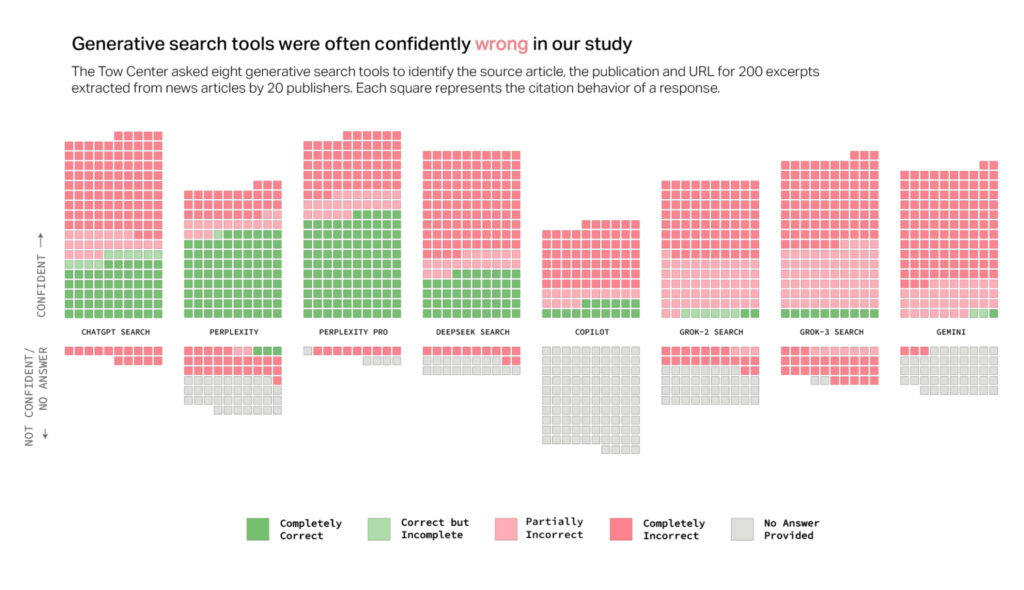Education report calling for ethical AI use contains over 15 fake sources
AI language models like the kind that power ChatGPT, Gemini, and Claude excel at producing exactly this kind of believable fiction when they lack actual information on a topic because they first and foremost produce plausible outputs, not accurate ones. If there are no patterns in the dataset that match what the user is seeking they will create the best approximation based on statistical patterns learned during training. Even AI models that can search the web for real sources can potentially fabricate citations, choose the wrong ones, or mischaracterize them.
“Errors happen. Made-up citations are a totally different thing where you essentially demolish the trustworthiness of the material,” Josh Lepawsky, the former president of the Memorial University Faculty Association who resigned from the report’s advisory board in January, told CBC, citing a “deeply flawed process.”
The irony runs deep
The presence of potentially AI-generated fake citations becomes especially awkward given that one of the report’s 110 recommendations specifically states the provincial government should “provide learners and educators with essential AI knowledge, including ethics, data privacy, and responsible technology use.”
Sarah Martin, a Memorial political science professor who spent days reviewing the document, discovered multiple fabricated citations. “Around the references I cannot find, I can’t imagine another explanation,” she told CBC. “You’re like, ‘This has to be right, this can’t not be.’ This is a citation in a very important document for educational policy.”
When contacted by CBC, co-chair Karen Goodnough declined an interview request, writing in an email: “We are investigating and checking references, so I cannot respond to this at the moment.”
The Department of Education and Early Childhood Development acknowledged awareness of “a small number of potential errors in citations” in a statement to CBC from spokesperson Lynn Robinson. “We understand that these issues are being addressed, and that the online report will be updated in the coming days to rectify any errors.”
Education report calling for ethical AI use contains over 15 fake sources Read More »


